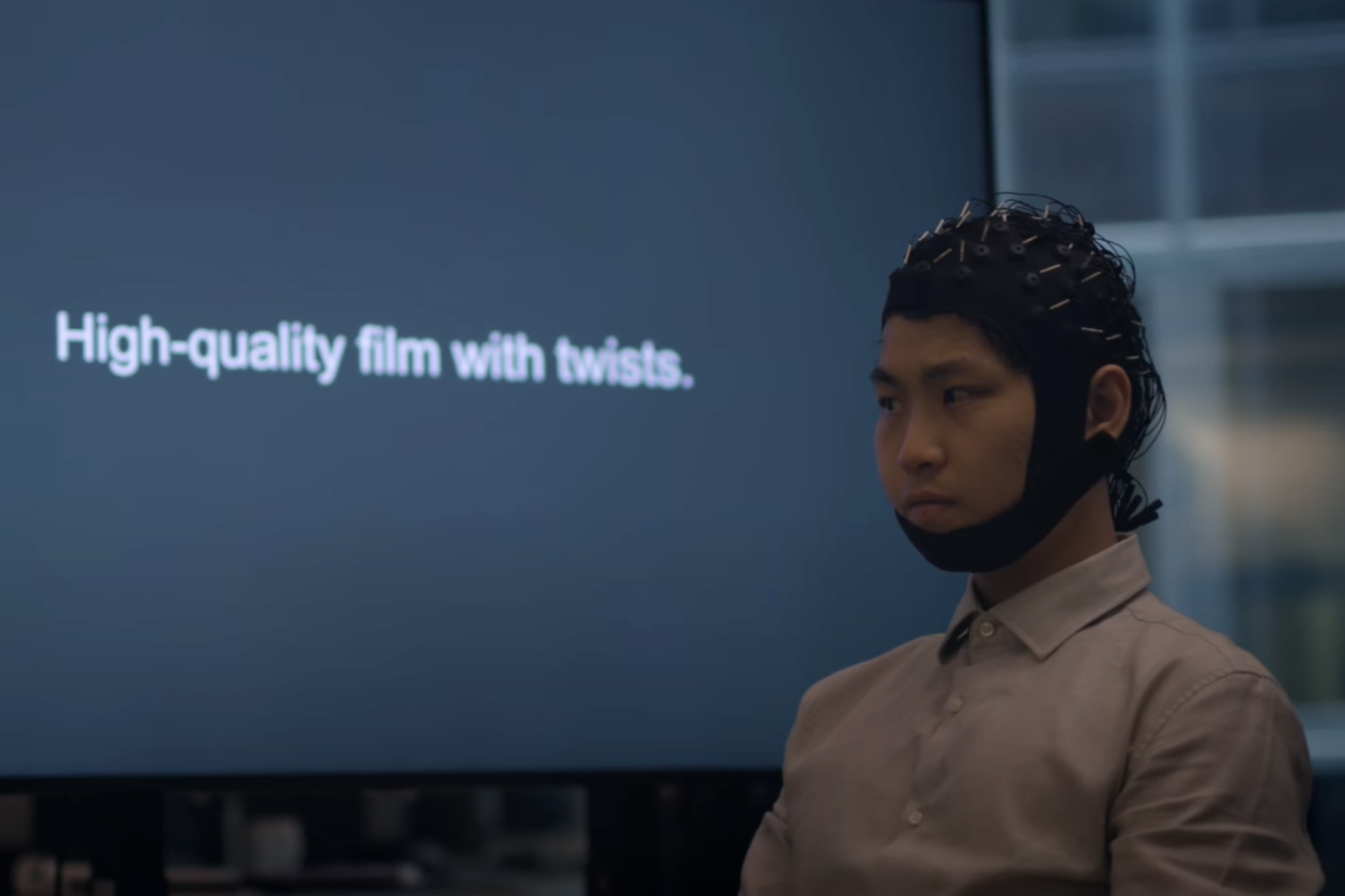Mind-reading cap turns thoughts into text in world first
‘Pioneering’ research could transform how humans interact with machines

Researchers have invented a mind-reading cap capable of non-invasively decoding thoughts into text for the first time.
The technology, developed by a team at the University of Technology Sydney in Australia, could help people unable to speak due to illness or injury, while also providing a way for humans to interact directly with machines.
In tests of the cap, participants were told to silently read passages of text while an electroencephalogram (EEG) recorded their electrical brain activity.
An artificial intelligence model called DeWave was then used to decipher the thoughts into written text with an accuracy of between 40 and 60 per cent.
“This research represents a pioneering effort in translating raw EEG waves directly into language, marking a significant breakthrough in the field,” said CT Lin, a professor at the University of Technology Sydney.
“It is the first to incorporate discrete encoding techniques in the brain-to-text translation process, introducing an innovative approach to neural decoding.”
Professor Lin added that the integration with large language models would “open new frontiers in neuroscience and AI”.
Other brain-computer interfaces that can translate thoughts into text currently involve either MRI scans or invasive procedures through the nose or skull in order to implant the electrodes.
Elon Musk’s neurotech startup Neuralink uses a surgical robot to implant a chip into the brain that he claims will one day provide wearers with “enhanced abilities” like greater reasoning and improved vision.
Recruitment for the first human trials of the technology began earlier this year after receiving approval from the US Food and Drug Administration (FDA).
The company has faced criticism from animal rights groups for testing of the brain chip on monkeys, with the Physicians Committee for Responsible Medicine (PCRM) accusing Neuralink of subjecting primates to “extreme suffering”. Both Neuralink and Mr Musk have denied the allegations.
Other brain-computer interface systems that use invasive approaches have achieved higher accuracy rates than the latest system, however the team behind the non-invasive cap believe it has potential to reach a level closer to 90 per cent.
“Despite the challenges, our model yields meaningful results, aligning keywords and forming similar sentence structures,” said Yiqun Duan, one of the scientists behind the study.
The research was presented at the NeurIPS conference in New Orleans on 12 December.
Join our commenting forum
Join thought-provoking conversations, follow other Independent readers and see their replies
Comments
Bookmark popover
Removed from bookmarks